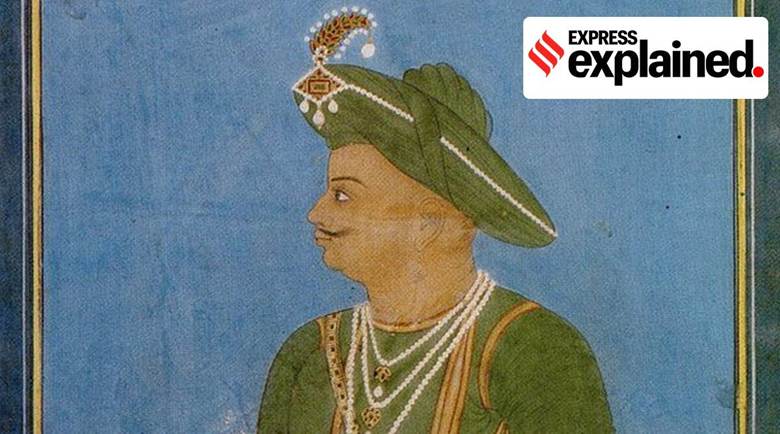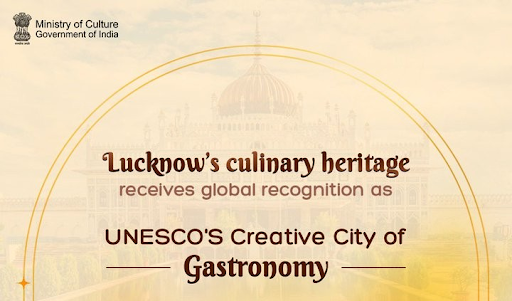Description

Copyright infringement not intended
Context: The birth anniversary of Tipu Sultan was observed, bringing his contested legacy to the forefront of political discourse once again. While leaders from AIMIM, Congress, and CPI(M) celebrated Tipu Sultan, calling him India’s “first freedom fighter” and “one of our greatest heroes”, the BJP and other organisations on the Right have long called the 17th-century ruler of Mysore a “religious bigot”, who was “anti-Hindu and anti-Kannada”.
Details:
Who was Tipu Sultan?
- Tipu Sultan was born Sultan Fateh Ali Sahab Tipu on November 10, 1750 in Devanahalli, present-day Bangalore.
- He was born to Hyder Ali, who rose through the ranks of the army of the Wodeyars, the then Hindu rulers of Mysore. Hyder Ali ceased power in 1761 with Tipu succeeding his father in 1782.
- Tipu was an educated ruler, having studied the Quran, Islamic jurisprudence, languages, philosophy and science. He was also adept in the art of warfare, having been involved in his first battle at the age of 15.
- While fighting the British in 1767, Tipu first came in contact with European culture and lifestyle, something that would fascinate him. This fascination would be reflected in his rule of Mysore: Tipu undertook various policies and reforms which would modernise the princely state and go on to become a lasting aspect of his legacy.
- Tipu inherited the throne under trying circumstances, with his primary motivation being to consolidate the territory he had inherited from his father.
- Tipu Sultan died defending his fortress of Srirangapatna against British forces in the Fourth Anglo Mysore War in 1799. His forces were heavily outnumbered and his French allies had not been able to come to his aid. His final act of valour and defiance has been glorified by many who see him as a nationalist, anti-colonial icon.

Was Tipu Sultan a tyrant and a religious bigot?
- Among the punishments Tipu applied to rebels or conspirators were forced conversion and the transfer of people from their home territories to Mysore, with some of the absent populations replaced by migrants from other regions, such as the Bellary district.
- The forced removals occurred from both Kodagu and Malabar, the former as a response to continued resistance against Mysore rule, the latter – specifically, Nairs and Christians – as a result of their resistance and perceived treachery in the Anglo-Mysore Wars
- While Tipu’s actions are questionable by today’s standards, they were commonplace in the 18th century among rulers of all faiths. He was a tyrant, but his motivations were not necessarily religious zealotry. Rather, he was a pragmatist who ruled within the accepted conventions of kingship and warfare at the time, she argued.
Some of the reforms Tipu Sultan introduced:
- Tipu wanted Mysore to be a modern rival of the European powers and made investments in technology accordingly.
- Tipu is credited for the introduction of iron-cased rockets in warfare.
- While rocket-like weapons had previously been used in War, Tipu’s army used what can be termed as the first modern war rockets in the Anglo Mysore Wars.
- Tipu Sultan also pioneered administrative and economic reforms. He introduced new coins, started a new land revenue system in Mysore, as well as introduced sericulture, which continues to employ many Kannadigas to date.
- Furthermore, some claim that upon hearing of the plight of lower caste women who were not allowed to wear blouses, Tipu personally supplied them with cloth.
https://indianexpress.com/article/explained/tipu-sultan-how-history-remembers-him-why-controversy-doesnt-forget-him-8283738/

















